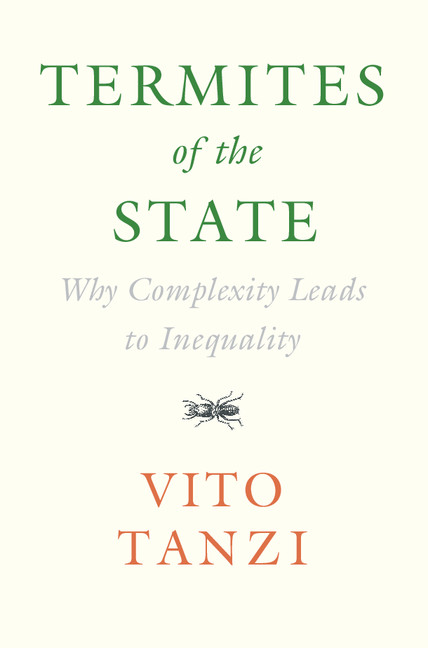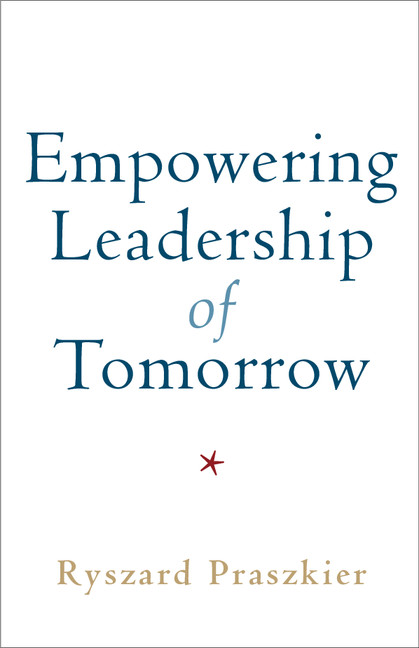
- Browse Category
Subjects
 We Begin at the EndLearn More
We Begin at the EndLearn More - Choice Picks
- Top 100 Free Books
- Blog
- Recently Added
- Submit your eBook
password reset instructions

To adequately protect an organization, physical security must go beyond the "gates, guns, and guards" mentality that characterizes most security programs. Creating a sound security plan involves understanding not only security requirements but also the dynamics of the marketplace, employee issues, and management goals.The Complete Guide to Physical Securitydiscusses the assets of a facility-people, building, and location-and the various means to protect them. It emphasizes the marriage of technology and physical hardware to help those tasked with protecting these assets to operate successfully in the ever-changing world of security.
The book covers specific physical security technologies, such as intrusion detection, access control, and video surveillance systems-including networked video. It addresses the reasoning behind installations, how to work with contractors, and how to develop a central station for monitoring. It also discusses government regulations for building secured facilities and SCIFs (Sensitive Compartmented Information Facilities). Case examples demonstrate the alignment of security program management techniques with not only the core physical security elements and technologies but also operational security practices.
The authors of this book have nearly 50 years combined experience in the security industry-including the physical security and security management arenas. Their insights provide the foundation for security professionals to develop a comprehensive approach to achieving physical security requirements while also establishing leadership roles that help further the overall mission of their organization.
Less- File size
- Print pages
- Publisher
- Publication date
- ISBN
- 10x7.1x1inches
- 360
- Auerbach Publications
- November 1, 2012
- 9781420099638




























